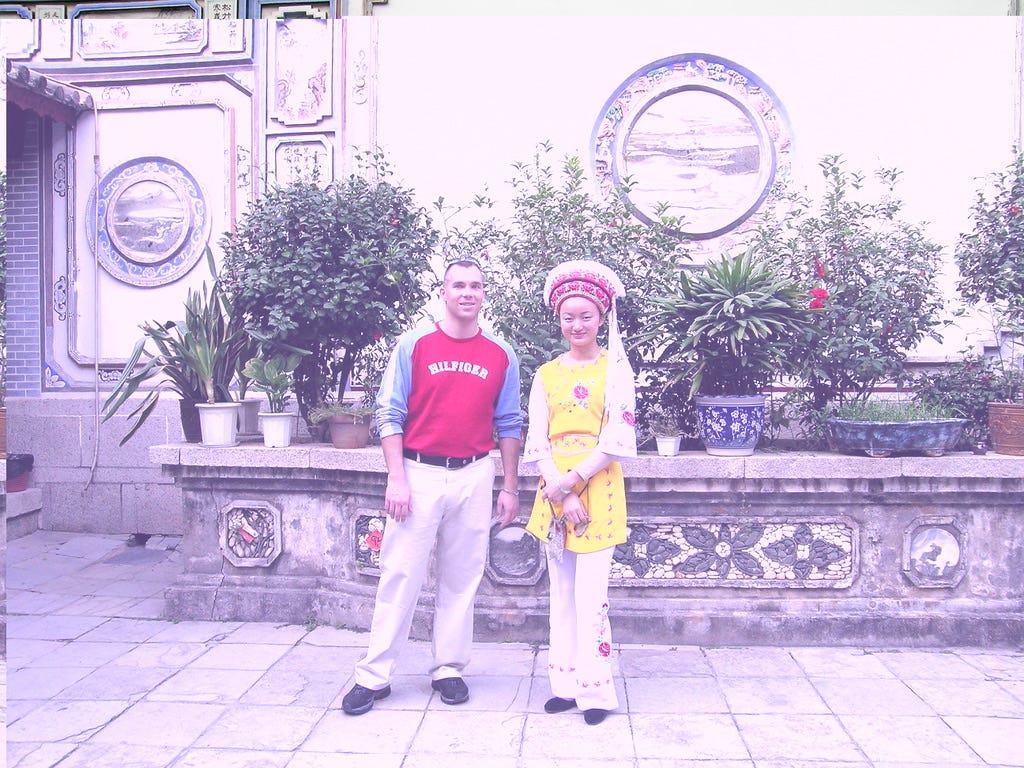Letting People Go Home
Culture is the Game
After nine months of working as a senior consultant with IBM in Shenzhen, China, helping our customer Huawei, I was chosen to lead the lab services business at IBM China's headquarters in Beijing. It was a pretty thrilling time for me as it was my first leadership position at IBM, and I was pretty determined to make it a success. I moved to Beijing with my daughter Lindsay, I was a single dad at the time, and got to work. (I will write something about being a single father in China in the early oughts later, oh the stories)
My new team seemed to me to be strong and highly competent, though my Chinese was pretty rough (it did get better). I got into the office every morning early, 7 am or even earlier, and left late into the evening, walking home after dark some days, putting in the hours needed to learn my new team members, my job, the marketplace we were competing in, and how I could improve upon the track record of my predecessor.
After a week or so of starting my job, I walked every day to the office and back, not because I wanted to be healthy but because before I could speak Chinese reasonably well, I had this bad habit of getting into a taxi and not being able to convey accurately to the driver where I wanted to go, ending up in a lot of random places all over Beijing, I started to notice something odd about my team. They never left the office. Like, really, ever. It was super weird.
This went on for at least two weeks until I asked one of the engineers about her family and children, just making small talk. What she told me about her family, while interesting, was not the most potent part of the conversation. She very directly told me she had not really seen her son in weeks as she had been in the office working. This was pretty confusing to me, so I asked her if she needed me to reduce her workload so she could get home at a reasonable time. She was shocked at the suggestion.
She and my entire team were arriving early and waiting to leave until I left the building, even if they had no work to do, so that I would not be upset with them for not being willing to work as hard as the boss.
Obviously, I scheduled a meeting and explained to the team that my expectation was not that they work as insane hours as I was willing to work and that I was far more interested in them doing a good job with their tasks rather than their appearing to work by being in the building. But far more importantly, I learned a key lesson. Culture, as Lou Gerstner said in his book Who Says Elephants Can’t Dance, isn’t a component of organizational leadership; culture is the whole game itself. Culture dictated in the early 2000s that my new Chinese team stay until the boss left. To gain the loyalty and mold my team into the organization I desired, I needed to invest much in learning their culture and applying some of my own.
And, most importantly, I learned to let my team go home.



